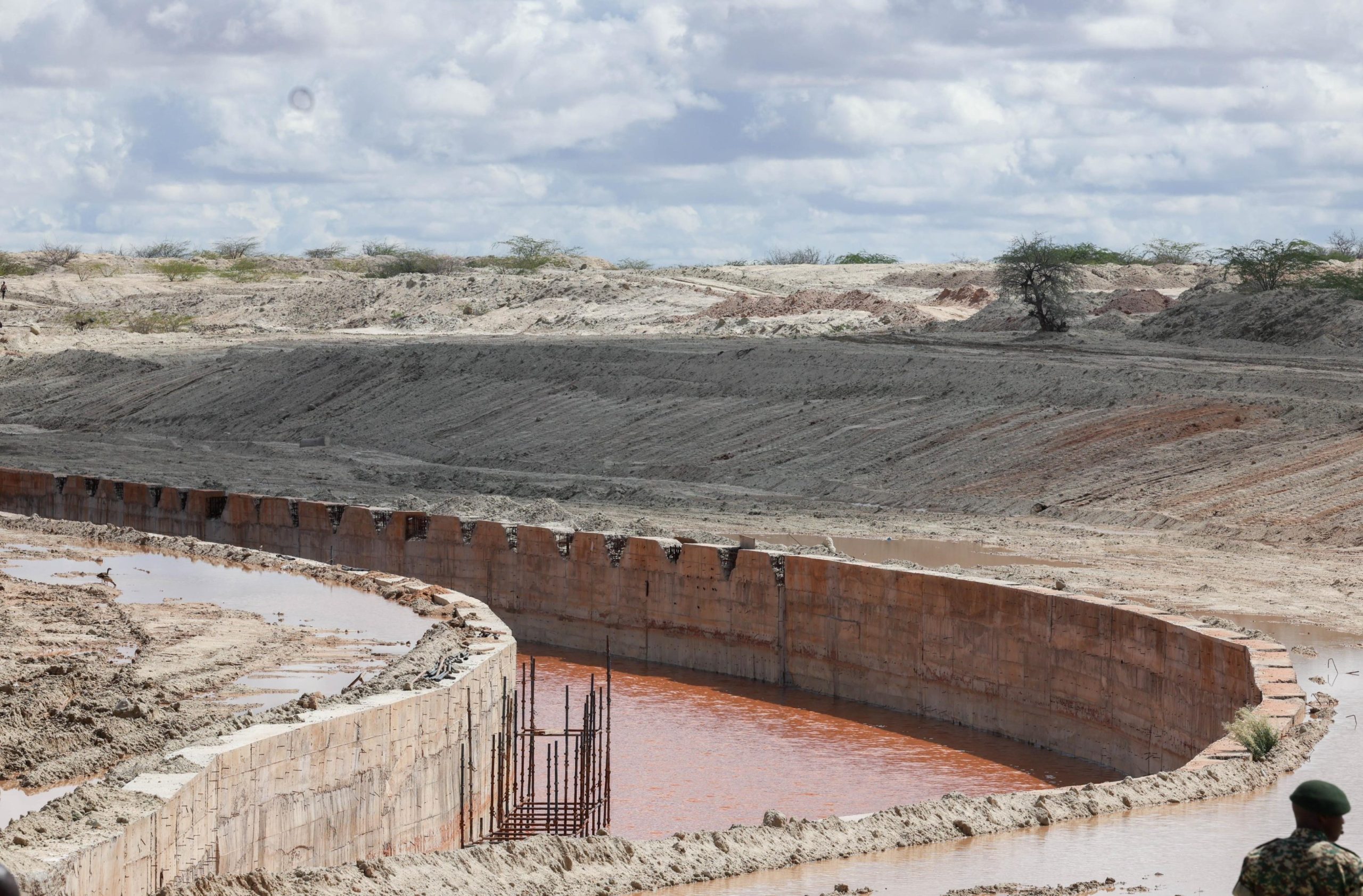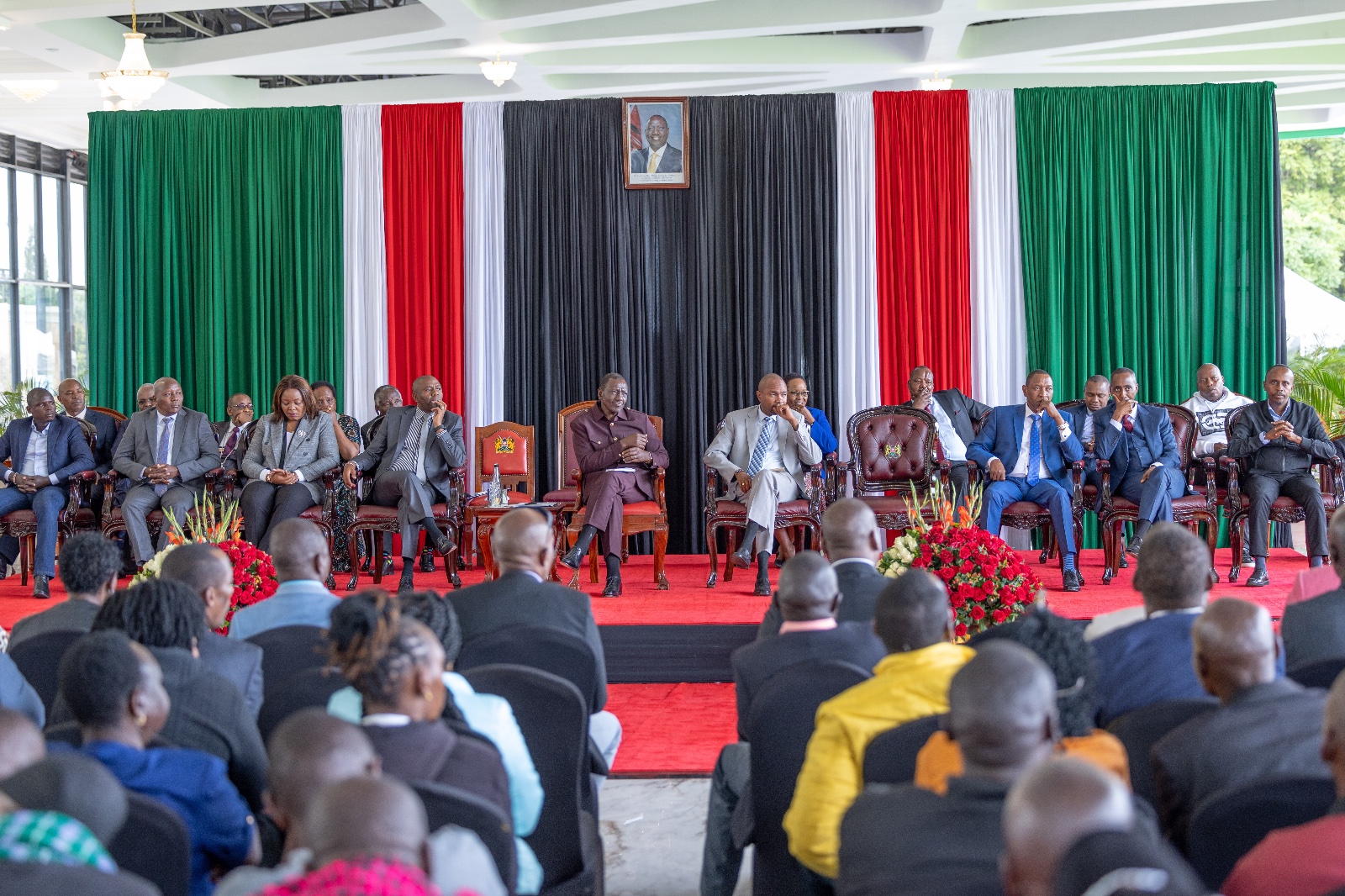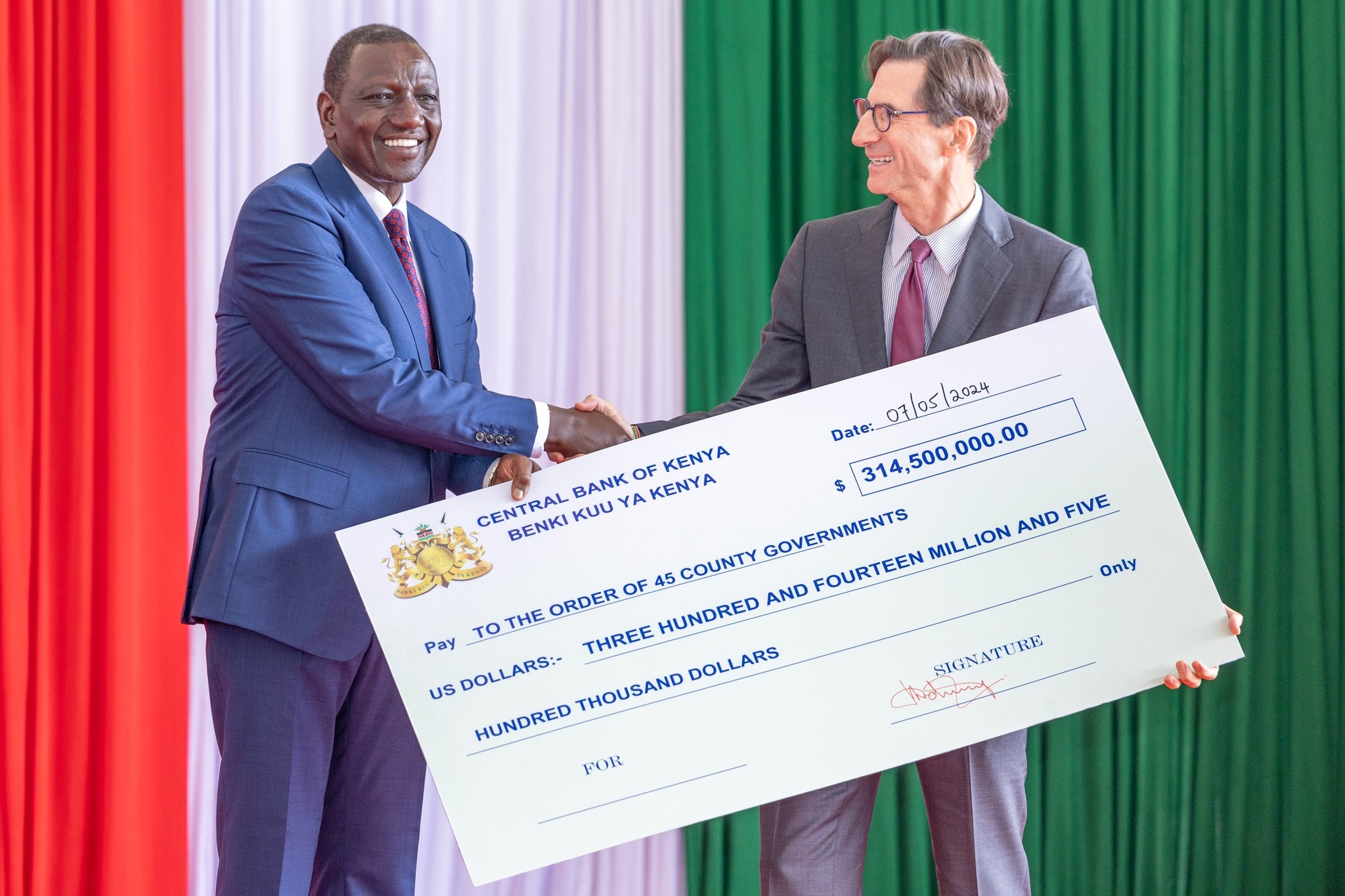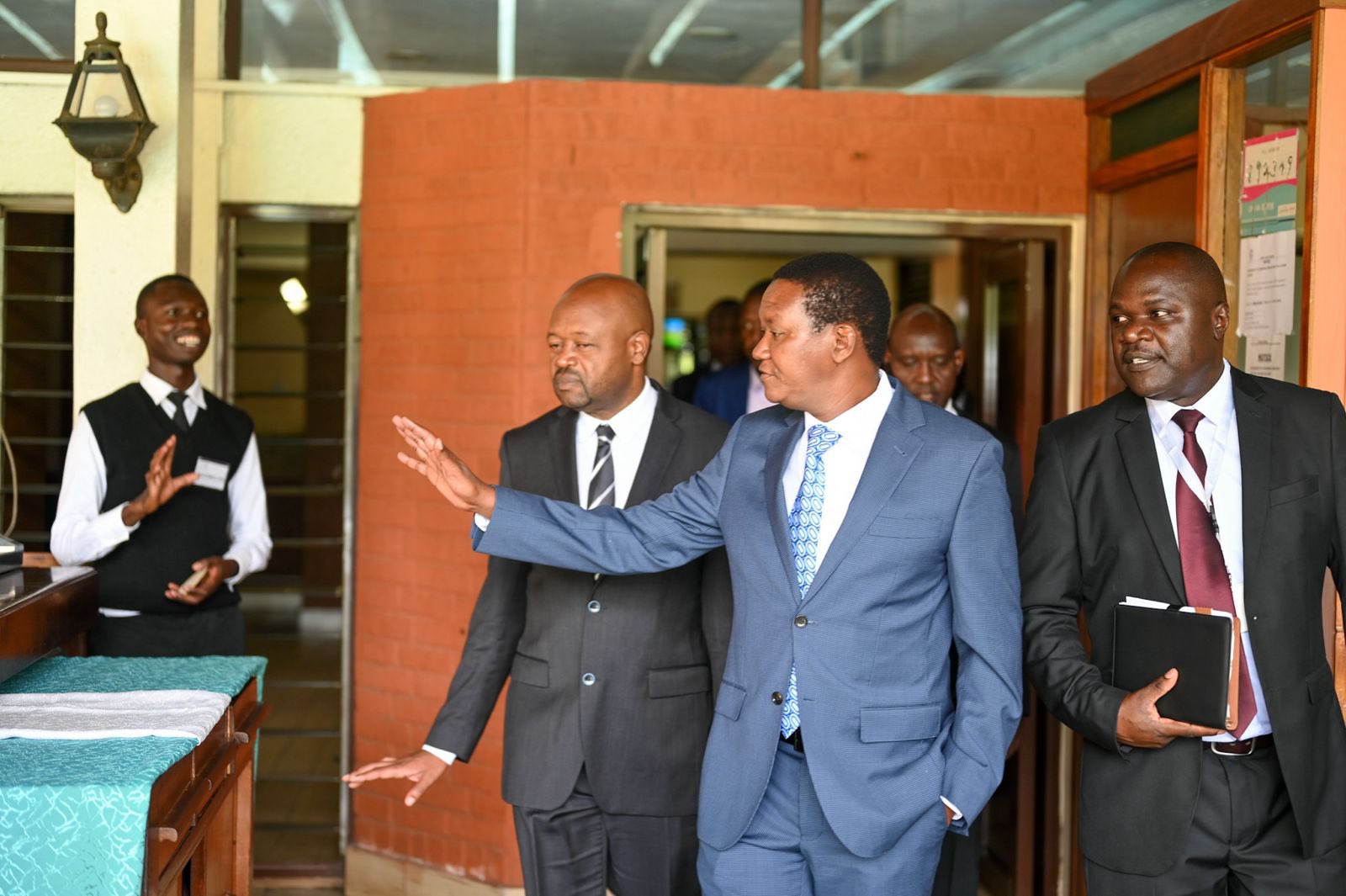
In a move aligned with president Ruto’s government Bottom-Up Economic Transformation Agenda, the Cabinet has given the green light for the construction of multiple dams and the reinstatement of over 4,000 water pans, with an estimated cost of Ksh 83 billion.
The comprehensive plan includes the creation of 25 medium-sized dams, primarily benefiting arid regions, and is set to secure a cumulative water supply of 353 million liters. This initiative will ultimately serve more than 600,000 households, ensuring reliable access to water for both irrigation and domestic use.
A recent Cabinet Dispatch emphasized the significance of this water infrastructure expansion in line with the government’s economic transformation goals. The increased water capacity is expected to support agricultural activities and enhance livelihoods in the targeted areas.
In addition to the water infrastructure development, the Cabinet approved the Public Audit (Amendment) Bill of 2023, designed to enhance the independence of the Auditor-General and promote transparency in the utilization of public resources. The bill empowers the Auditor-General to conduct periodic citizen accountability audits, encouraging public participation in the audit process and compliance audits to ensure adherence to relevant laws governing public resource management.
Furthermore, the Cabinet endorsed the National Retirement Benefit Policy, aimed at improving citizens’ post-retirement quality of life. The policy focuses on governance harmonization, expanding coverage for the informal sector, ensuring portability of retirement benefits, guaranteeing affordability, and benefit adequacy. A notable inclusion is post-retirement medical benefits, providing added security for retirees.
These initiatives reflect the government’s commitment to addressing essential needs and promoting the well-being of its citizens, marking a significant step toward Kenya’s continued development and prosperity.






